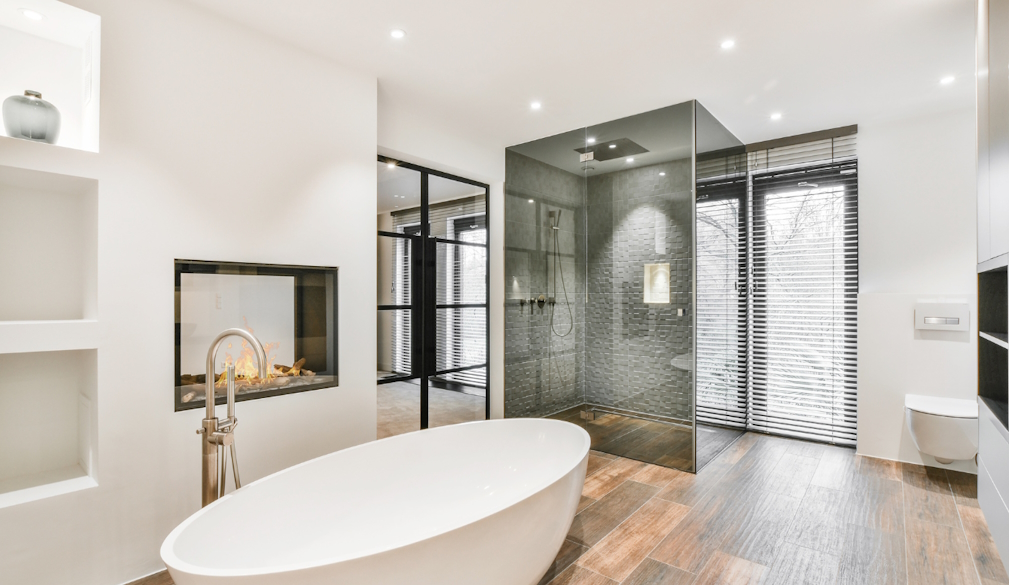Blocked Toilets Ongoing Expense for Sydney Landlords

For landlords, tenants who mistreat the toilet can turn to unnecessary expense and a messy battle with tenants for bond. Landlords and their agents are obliged to call out emergency plumbers in Sydney – a cost nobody appreciates. Dealing with a blocked toilet is one of those household emergencies that can quickly turn from a minor inconvenience to a frustrating and messy ordeal. Whether it's due to an accumulation of waste, a foreign object stuck in the pipes, or a more serious plumbing issue, attempting to tackle a blocked toilet on your own can often lead to more headaches.
Before an emergency, educate tenants about signs of a blocked toilet drain
Suggest to your tenants that if they notice any of these signs, it's important to address the blockage promptly to prevent further damage and inconvenience.
-
Water backup: When you flush the toilet, water may start to rise rather than drain away quickly.
-
Gurgling noises: If you hear gurgling noises coming from the toilet or other drains in your home, it could mean that air is trapped in the pipes.
-
Slow draining: The water in the toilet bowl may drain slowly after flushing, indicating a partial blockage.
-
Foul odours: A blocked toilet can cause foul smells from the toilet bowl or drains.
-
Visible blockage: Sometimes, you may notice visible signs of a blockage, such as toilet paper or waste material near the toilet drain.
-
Overflowing sewage: In severe cases, sewage may start to overflow from the toilet or other drains in your home.
How NOT to unblock a toilet
Before your tenant starts worrying about the costs, and attempting a DIY job, they need to know that poorly handled plumbing problems will incur extra costs – and those costs will come from their bond. If they suspect you have a blocked toilet, there are several things they should avoid doing to prevent exacerbating the issue or causing damage.
-
Continuously flushing: Flushing the toilet repeatedly to clear the blockage can worsen the problem by causing water to overflow.
-
Using chemical drain cleaners: While it may be tempting to use chemical drain cleaners, especially if they claim to dissolve blockages, they can be harmful to your plumbing system and the environment. These chemicals can corrode pipes and may not effectively clear the blockage, especially if it's caused by a solid object.
-
Pouring boiling water into an aged commode: Pouring hot water into the toilet bowl can potentially crack the porcelain, especially if it's already weakened due to age or previous damage.
-
Using sharp objects: Inserting sharp objects like wire hangers or metal rods into the toilet drain can scratch or damage the porcelain and pipes, leading to further complications.
-
Ignoring the problem: Ignoring a blocked toilet won't make it go away. It's essential to address the issue promptly to prevent water damage and restore normal toilet function.
-
Disassembling fixtures: Unless you're experienced with plumbing repairs, disassembling toilet fixtures on your own can lead to additional problems and may void any warranties.
How to unblock a toilet
It's essential to quickly address toilet blockages to prevent further damage and avoid potential health hazards associated with sewage backup.
If the tenant is unsure how to address a blocked toilet, it's best to contact a professional northern Sydney plumber who can safely and effectively clear the blockage. We have the knowledge, experience, and tools necessary to diagnose and fix the issue without causing further damage.





















